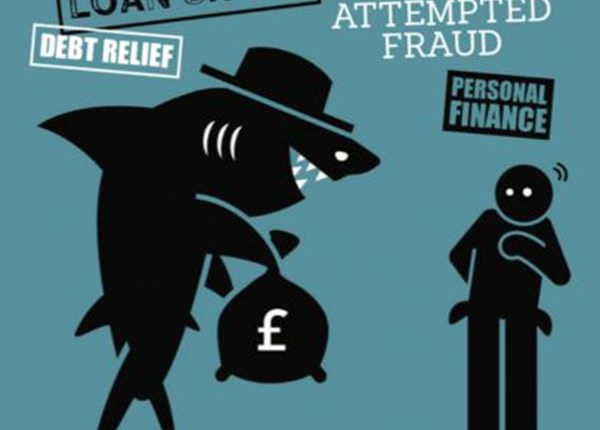The Nigerian government has taken a bold step to regulate the booming digital lending industry by introducing the Electronic, Online, or Non-Traditional Consumer Lending Regulations 2025. This new law aims to curb unethical practices by digital money lenders and mobile money operators (MMOs), commonly known as loan sharks, who have for years faced criticism over their treatment of borrowers.
The Federal Competition and Consumer Protection Commission (FCCPC) announced the new regulations on Wednesday through Ondaje Ijagwu, the Director of Corporate Affairs. The rules will apply to all digital lending service providers operating in Nigeria, including well-known companies like FairMoney, Carbon, PayLater, Okash, Aella, and others.
Under the new framework, operators who fail to comply will face heavy penalties, including fines of up to N100 million or 1 per cent of their annual turnover—whichever is higher. Directors of offending companies may also be disqualified from managing any business for up to five years.
The FCCPC’s Executive Vice Chairman and Chief Executive Officer, Mr. Tunji Bello, officially announced the gazetting and commencement of the regulations at a press briefing in Abuja. He stressed that the rules are designed to protect consumers from harassment, data breaches, and other unethical conduct that have long been associated with digital lending.
“For too long, Nigerians have endured harassment, data breaches, and unethical practices by unregulated digital lenders. These regulations draw a clear line that innovation is welcome, but not at the expense of the rights and dignity of consumers or the rule of law,” Bello said.
He added, “These regulations provide the legal tools to hold violators accountable and promote responsible digital finance. No consumer should be harassed, defamed, or lured into unsustainable debt under the guise of digital lending.”
The new Consumer Lending Regulation introduces several key provisions:
Ban on Pre-authorized or Automatic Lending: Digital lenders are prohibited from automatically disbursing loans without the explicit consent of consumers. This protects borrowers from unexpected debts.
Clear and Accessible Loan Terms: Lenders must provide simple and easy-to-understand information about loan interest rates, fees, repayment terms, and penalties to avoid misleading consumers.
Prohibition of Unethical Marketing: The regulations outlaw aggressive and deceptive advertising tactics often used to pressure borrowers into taking loans they cannot afford.
Local Ownership Requirements: At least one service provider involved in airtime and data lending services must be locally owned, promoting domestic participation in the sector.
Joint Registration of Partnerships: All partnerships between digital lenders and service providers must be jointly registered with the FCCPC to ensure transparency.
Restrictions on Monopolistic Agreements: Lenders are barred from entering dominance-based agreements without prior approval from the Commission to prevent unfair market control.
The FCCPC has mandated that all digital lending operators must register with the Commission within 90 days of the regulation’s commencement. Approval will be contingent upon meeting consumer protection standards, data compliance, and transparency requirements.
Mr. Bello encouraged existing and prospective digital lenders, including MMOs and Digital Money Lenders (DMLs), to comply promptly. “We urge all providers to visit our website, www.fccpc.gov.ng
, for application forms, guidelines, and compliance requirements,” he said.
The digital lending industry has grown rapidly in Nigeria over the past few years, providing quick loans to millions of Nigerians who might otherwise find it difficult to access credit from traditional banks. However, the sector has also been criticized for charging exorbitant interest rates, harassing borrowers through social media and phone calls, and sharing personal data without consent.
In 2023, the FCCPC hinted at introducing comprehensive regulations to address these issues, and the 2025 Consumer Lending Regulation is the result of that promise.
This regulatory move is widely seen as a positive development aimed at protecting Nigerian consumers while encouraging responsible innovation in digital finance.
With these rules in place, Nigerians can hope for a safer digital lending environment where their rights are respected and lenders operate fairly.

